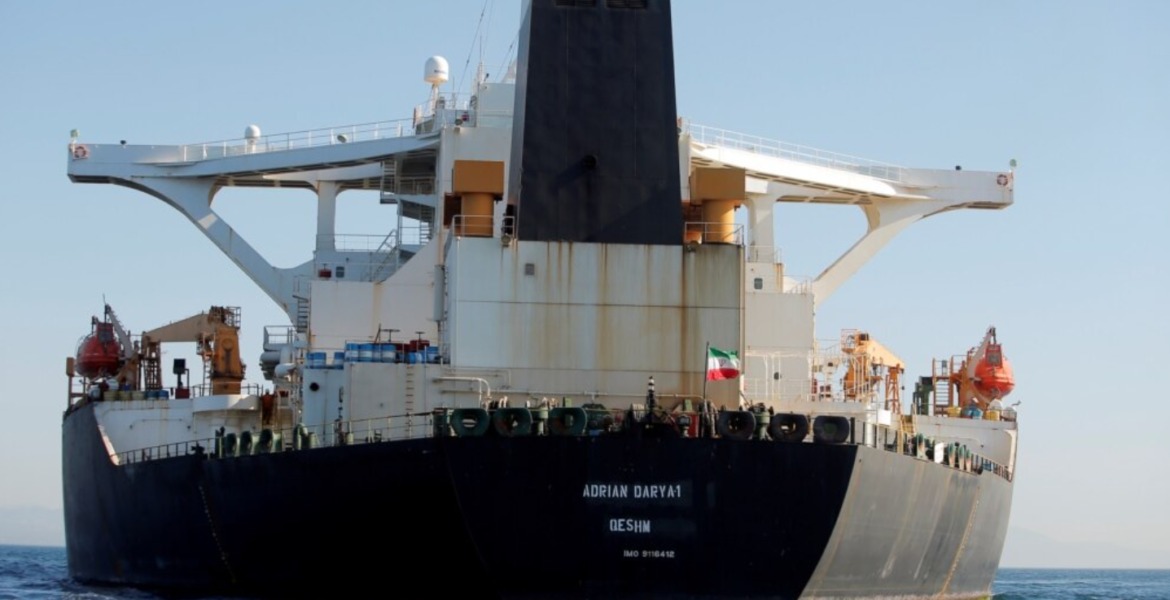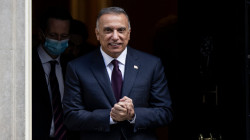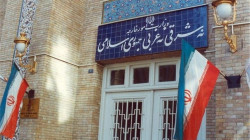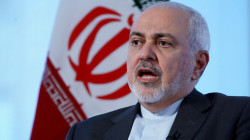Informal US-Iran oil agreement takes effect, impacting global markets and diplomacy

Shafaq News/ An undisclosed arrangement between the United States and Iran to stabilize oil prices has commenced implementation following months of confidential negotiations. This accord, reached through discreet diplomacy, not only addresses oil flows but has also shown progress in exchanging prisoners and releasing frozen assets.
According to Bloomberg report, Tehran's recent oil exports were monitored, revealing challenges Iran faces in boosting its exports due to logistical hurdles and difficulties accessing international banking systems. These factors hinder Iran's ability to access funds and obtain insurance for shipping, curtailing its oil trade.
The report suggests that US officials have quietly eased sanctions on Iranian oil sales. Consequently, Tehran has restored its oil production to unprecedented levels since the embargo imposition half a decade ago. The primary destination for Iranian crude has become China, marking a significant shift in trade patterns over the past decade. Iranian authorities are optimistic about further expansion in this regard.
Experts suggest that maintaining stable gasoline prices, currently hovering around $4 per gallon in the US, could also play a role in President Joe Biden's potential re-election bid in 2024.
Helima Croft, the Managing Director and the Head of Global Commodity Strategy and Middle East and North Africa (MENA) Research at RBC Capital Markets, commented, "It's the classic energy diplomacy game of deal-making to get more barrels into the market." Croft emphasized the alignment of US and Iranian economic interests in increasing oil availability.
A spokesperson for the US State Department noted the ongoing enforcement of a robust framework for oil and other sanctions against Iran. However, export levels remain susceptible to price fluctuations and other market factors.
While neither nation expects to fully resurrect the 2015 nuclear agreement, abandoned by former President Donald Trump, there is evidence of a more amicable stance toward oil trade. The report highlights the Biden administration's apparent willingness to overlook certain purchases, particularly by China, while focusing on controlling prices.
Iran's crude oil shipments to China, the world's largest importer, have surged to 1.5 million barrels per day, the highest volume in ten years, as reported by market intelligence firm Kpler. Tanker Trucker, another consultancy, states that exports have even surpassed two million barrels per day, with Iran's production hitting 3 million barrels per day in July, the highest level since 2018, according to the International Energy Agency in Paris.
Fernando Ferreira, Senior Analyst at Rapidan Energy Group, stated, "Biden is willing to look the other way in exchange for Iran putting an end to those uranium stocks." He noted that the White House is inclined to welcome more barrels in the market to maintain price stability.
Iran's Oil Minister Javad Auchi conveyed expectations to increase production to 3.4 million barrels in the coming weeks, followed by a potential rise to 3.6 million barrels by year-end, as sources familiar with the matter revealed.
While Iran nears its pre-sanctions production capacity, questions arise about the implications of minimal sanctions and the potential de facto lifting of restrictions. The resumption of robust oil sales reflects Iran's re-emergence on the global stage, a move bolstered by improving regional relations and strengthening ties with China.
However, this surge in supply arrives at a precarious juncture for global oil markets, coinciding with China's slowing economic growth and diminishing fuel demand. These dynamics challenge the efforts of Iran's OPEC+ counterparts to sustain oil prices. Despite Saudi Arabia's increased oil production cuts, Brent crude futures have dipped 5% since their six-month peak in early August.
Christof Rühl, an Adjunct Senior Research Scholar at the Center on Global Energy Policy at Columbia University, noted that while Iran's return may not be an immediate concern for Saudi Arabia, it bears future implications.
The longevity of Iran's increased exports hinges on its ability to maintain supply from storage. With 80 million barrels left out of the 16 million tapped this month, Iran's dependence on China's demand becomes evident. Beijing's strategic reserves benefit from Iranian barrels, competing with Russian supplies rejected by Europe.
China's appetite for oil remains uncertain as it grapples with internal challenges, including youth unemployment and turmoil in real estate and banking sectors.
Edward Morse, the managing director and global head of commodity research at Citi Group, remarked that Beijing's demand growth could be plateauing.
Logistical obstacles persist, including restricted access to international banking systems and a lack of foreign investment. Tehran also struggles to secure adequate tankers from the "dark fleet" due to global shipping and insurance limitations.





